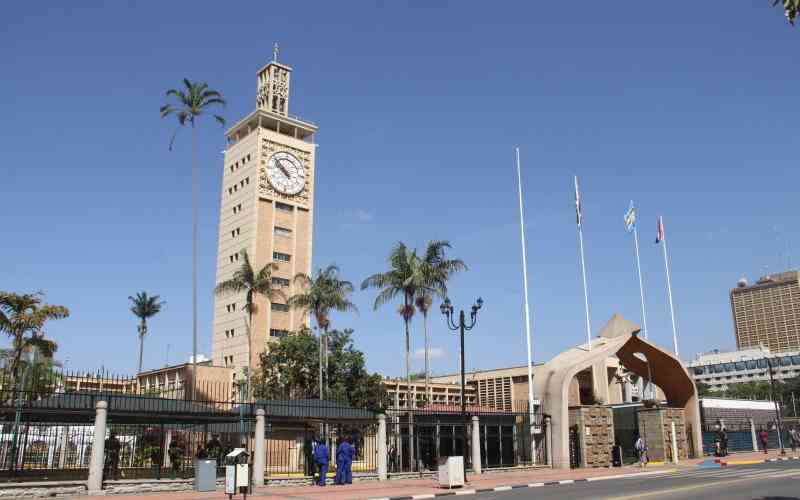×
The Standard e-Paper
Home To Bold Columnists

How is a Member of Parliament elected to articulate burning issues affecting his constituency supposed to represent the views of more than 50,000 voters? If every voter's view was to be represented in Parliament would there be sufficient time?
These questions were raised by Kitale West MP Wafula Wabuge 53 years ago when he expressed concerns that allocating an MP only 10 minutes to contribute to a debate was inadequate.